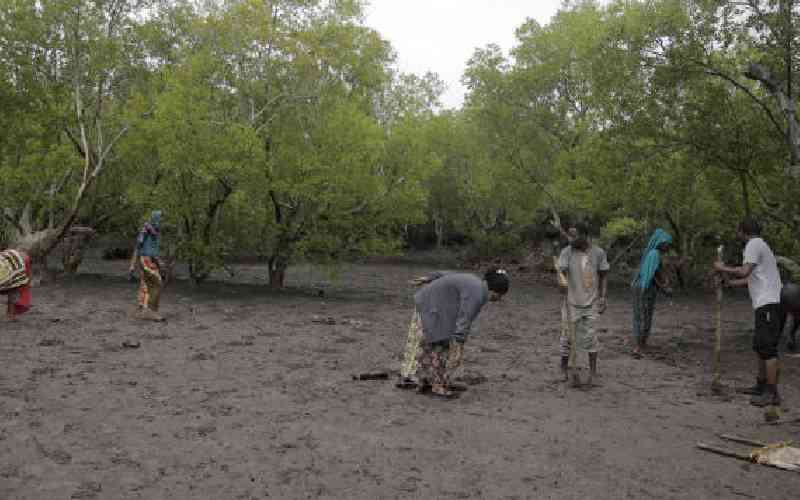
Last week's column may have received an indirect scolding from Deputy President Rigathi Gachagua. Having corrected the government's position on re-introducing the shamba system, what can the DP, Environment Cabinet Secretary nominee Soipan Tuya and the Kenya Kwanza administration do next?
The Kenya Kwanza second-in-command argued the media had misreported his earlier statement calling for a return to the shamba system. He now argues he was in fact urging farmers to expand our forest cover, protect our water towers and reverse the damage of climate change.